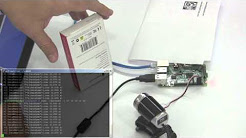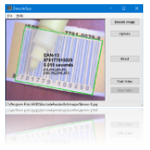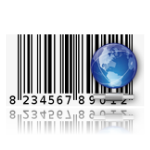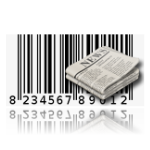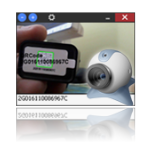Download Scanner app
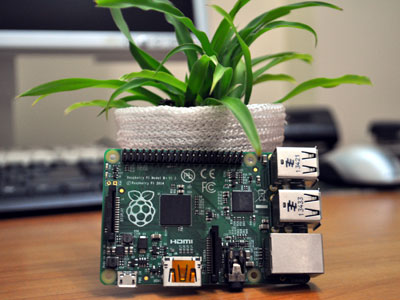
The "dsreader" Barcode Scanner app is a Raspberry Pi application that easily transforms your Raspberry Pi into a fully functional barcode scanner. All you need is a simple web camera.
This application can be used not only on Raspberry Pi but also on any compatible Linux ARM device, such as Orange Pi.
By combining such a compact Linux device with a barcode scanner, you can create a powerful and versatile system suitable for a wide range of applications. In the following sections, when we refer to Raspberry Pi, we will also mean any other compatible devices.
Decodes all popular barcodes:
Linear:
Interleaved 2/5, Industrial 2/5, Code 39, Code 39 Extended, Codabar, Code 11, Code 128, Code 128 Extended, EAN/UCC 128, UPC-E, UPC-A, EAN-8, EAN-13, Code 93, Code 93 Extended, DataBar Omnidirectional (RSS-14), DataBar Truncated (RSS-14 Truncated), DataBar Limited (RSS Limited), DataBar Stacked, DataBar Expanded, DataBar Expanded Stacked.
2D:
PDF417 (Compact, Micro)
QRCode, Micro QRCode
DataMatrix
Aztec Code
See tutorial on YouTube
Getting Started
For this example, we will perform all actions from the Linux terminal running directly on the Raspberry Pi.Download "dsreader" app
pi@raspberrypi ~ $ wget http://datasymbol.com/download/dsreader.zip
The file 'dsreader.zip' will be saved in the current folder on the Raspberry Pi.
Unzip "dsreader"
pi@raspberrypi ~ $ unzip dsreader -d scanner
Extract all files into the 'scanner' folder (you can choose any other name).
Set execute permissions for 'dsreader'.
pi@raspberrypi ~ $ cd scanner
pi@raspberrypi ~ $ chmod 777 dsreader
Start "dsreader" Barcode Scanner App
pi@raspberrypi ~/scanner $ ./dsreader
If the camera is connected, the scanner will start immediately and can already decode barcodes. If the camera has manual focus, it needs to be adjusted.
Connecting an LED and a beeper
The dsreader application can now control an LED connected to the Raspberry Pi.
pi@raspberrypi ~/scanner $ sudo ./dsreader -l 27
Now, if an LED is connected (in this example to pin 27), it will blink after a barcode is successfully decoded.
Connecting a buzzer
pi@raspberrypi ~/scanner $ sudo ./dsreader -l 27 -b 14
Various settings of the 'dsreader' scanner
pi@raspberrypi ~/scanner $ ./dsreader -h
Usage: dsreader [OPTIONS]
Example: sudo dsreader -l 27 -u 50 -s 500 -m 2
Example: sudo dsreader -v /dev/video1
Options:
-h --help Display this usage information
-d --daemon run as daemon
Example: -d
-v --device Input video device name (default - /dev/video0)
Example: -v /dev/video0
-l --led Pin number to flash the LED (default - don't use)
Example: -l 27
-u --leddur LED flash duration (in ms) (default - 100)
Example: -u 200
-b --beep Pin number to beep (default - don't use)
Example: -b 14
-r --beepdur Beep duration (in ms) (default - 200)
Example: -r 200
-w --width Video frame width (default - 640)
Example: -w 320
-h --height Video frame height (default - 480)
Example: -h 240
-f --frame Frame time limit in ms, 0-unlimited (default - 200)
Example: -f 0
-s --pause Total pause after decoding (in ms) (default - 800)
Example: -s 100
-p --port TCP/IP port for barcode sending (default - 1234)
Example: -p 8765
-m --miss Skip frames for reduce CPU load (default - 1)
Example: -m 3

